- by Niyi Busari ,
- Feb 04, 2025
Over-reliance On Foreign-Based Talents Masking Domestic Sports Deficiencies in Nigeria
-
- by Niyi Busari,
- Aug 12, 2025
- in Nigeria
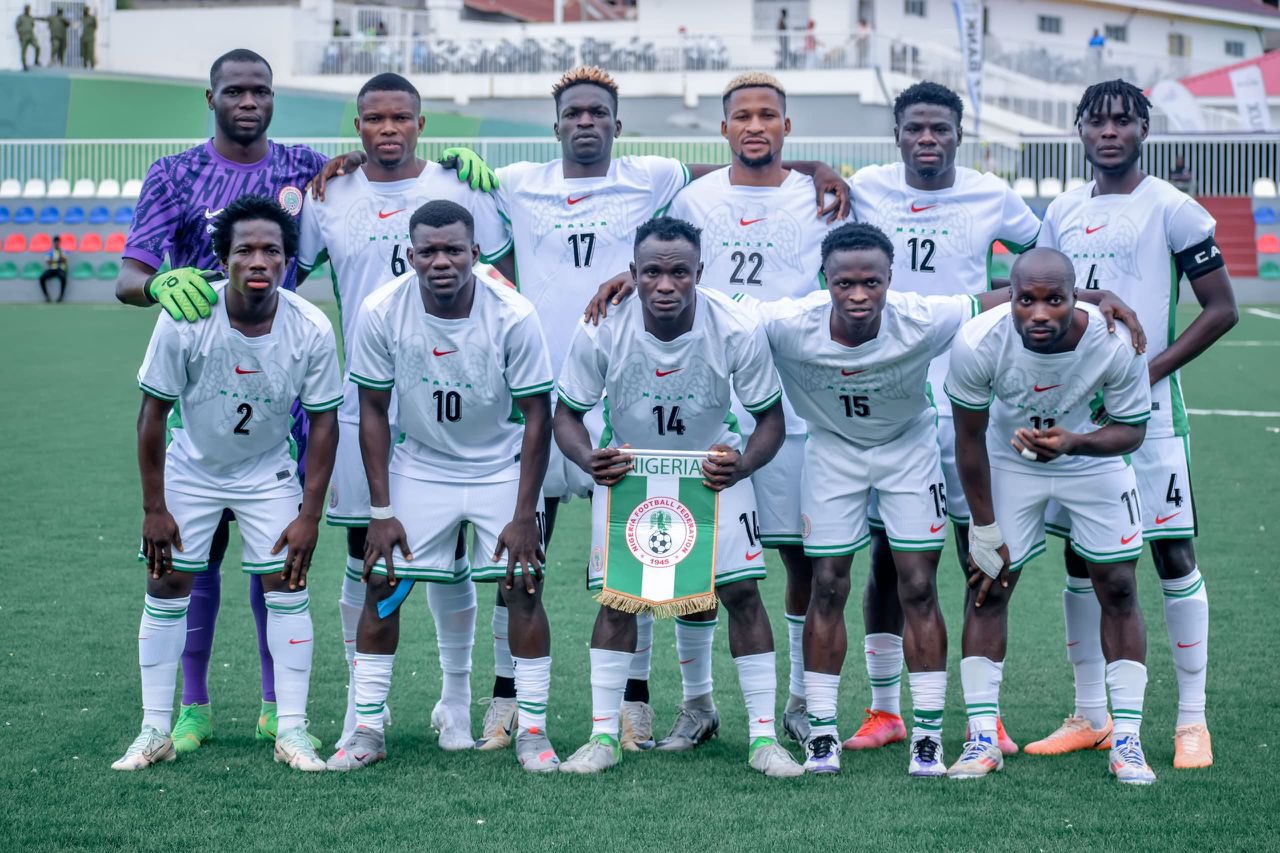
Over-reliance On Foreign-Based Talents Masking Domestic Sports Deficiencies in Nigeria
By Niyi Busari
Nigeria’s early exit from the 2024 African Nations Championship (CHAN) has reignited concerns over the state of domestic sports development, BSNSports.com.ng reports.
The home-based Super Eagles were eliminated after just two group matches, suffering a narrow 0-1 defeat to Senegal and a crushing 0-4 loss to Sudan.
The results underscored the gulf between Nigeria’s local football structure and its continental rivals.
This disappointment comes only weeks after the Super Falcons clinched the CAF Women’s Africa Cup of Nations title and D’Tigress secured their fifth consecutive FIBA Women’s AfroBasket crown. Both victories were celebrated with $100,000 cash rewards and the Officer of the Order of Niger (OON) national honours from the Federal Government.
However, a key difference stands out — both teams were heavily dominated by foreign-based players, a factor widely credited for their continental dominance.
In contrast, Nigeria’s domestic football scene has struggled to make a mark. Representatives in the CAF Champions League and Confederation Cup have repeatedly faltered, with most crashing out after their opening matches. Only one of four Nigerian clubs reached the group stage in recent years, and even that lone team eventually bowed out without significant impact.
Basketball’s domestic league faces an even grimmer reality. Before 2017, under the Nigeria Basketball Federation (NBBF) structure, league teams played a robust home-and-away format of at least 28 matches per conference over eight months. In the past eight years, however, the format has been reduced to a two-week, single-venue tournament with a “champion” crowned — a system that stifles competition and player development. This reflected on Nigeria's representative at the African Basketball League where most of the West African clubs failed to make it to the knockout stages.
These shortcomings have also affected Nigeria’s representatives in the CAF Women’s Champions League, who have struggled to replicate the success of the foreign-based-laden national teams.
With such recurring disappointments, sports stakeholders say the message is clear: Nigeria must urgently invest in grassroots development, strengthen local leagues, and raise the competitive standards at home to build sustainable success.


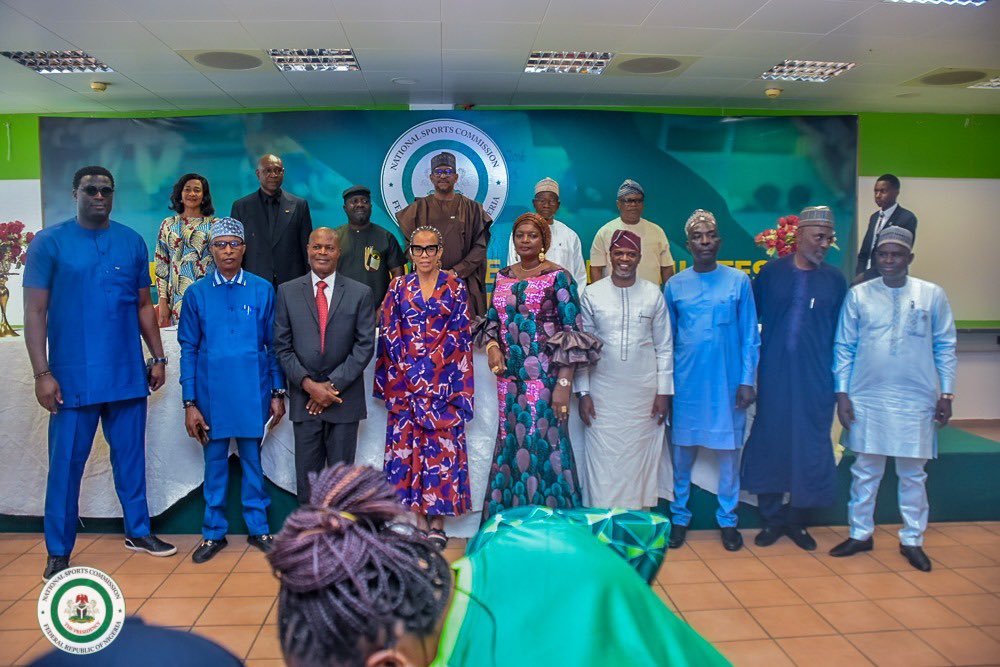


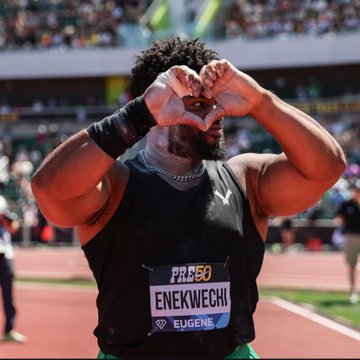
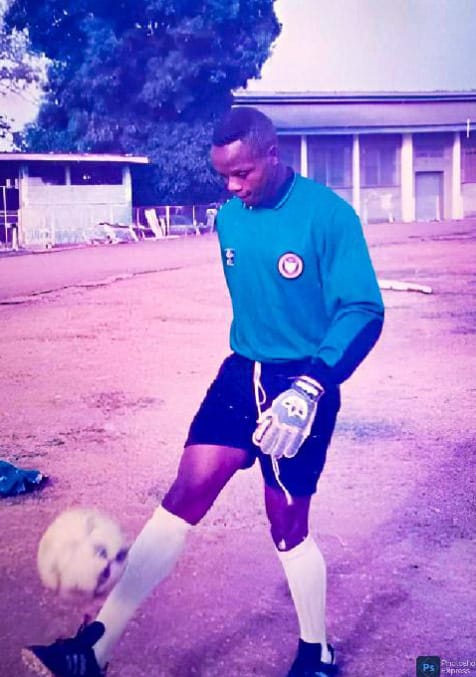

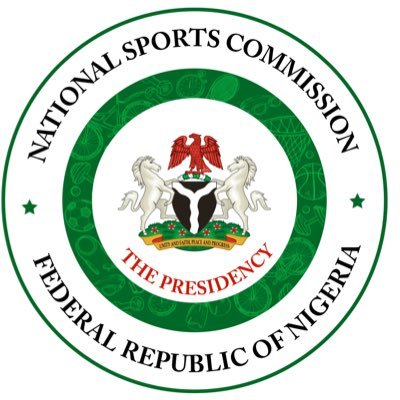
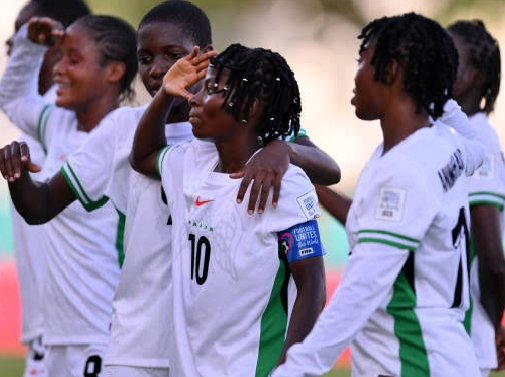

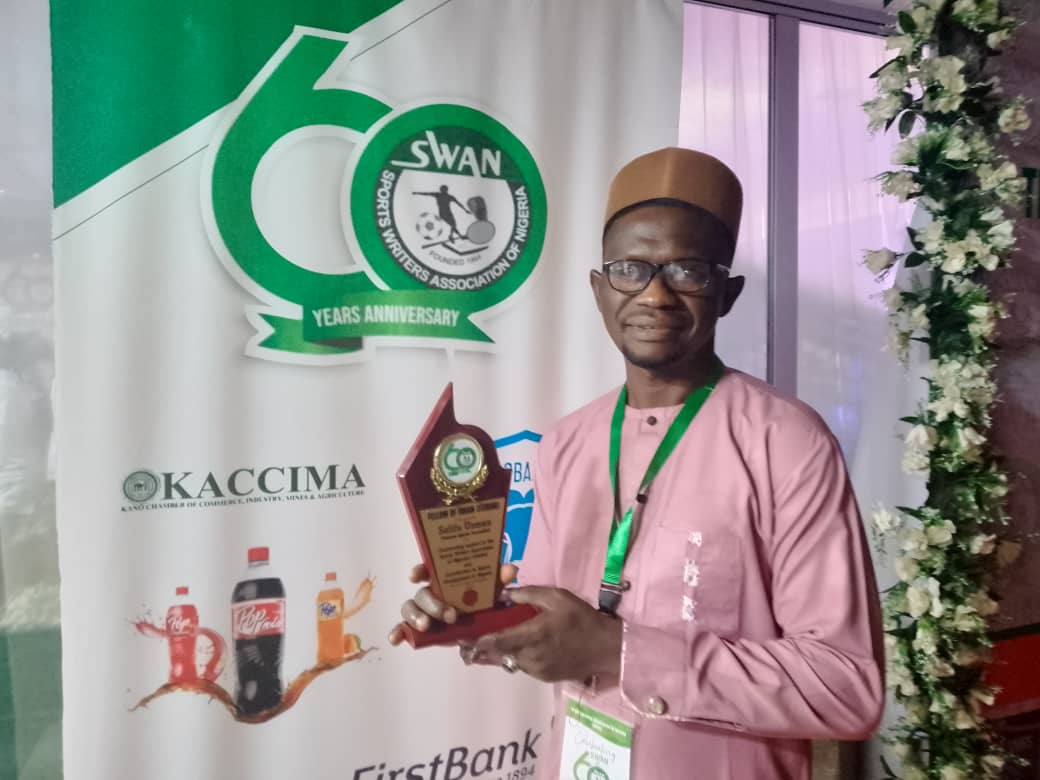
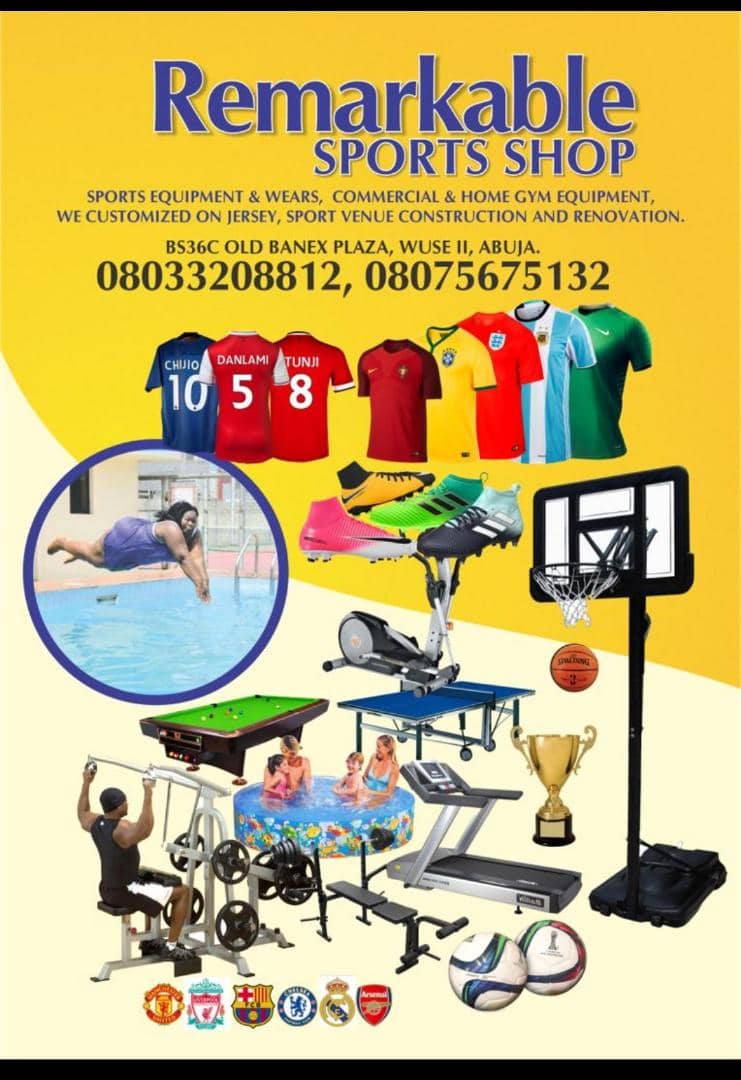
1 Comments:
Leave a Reply